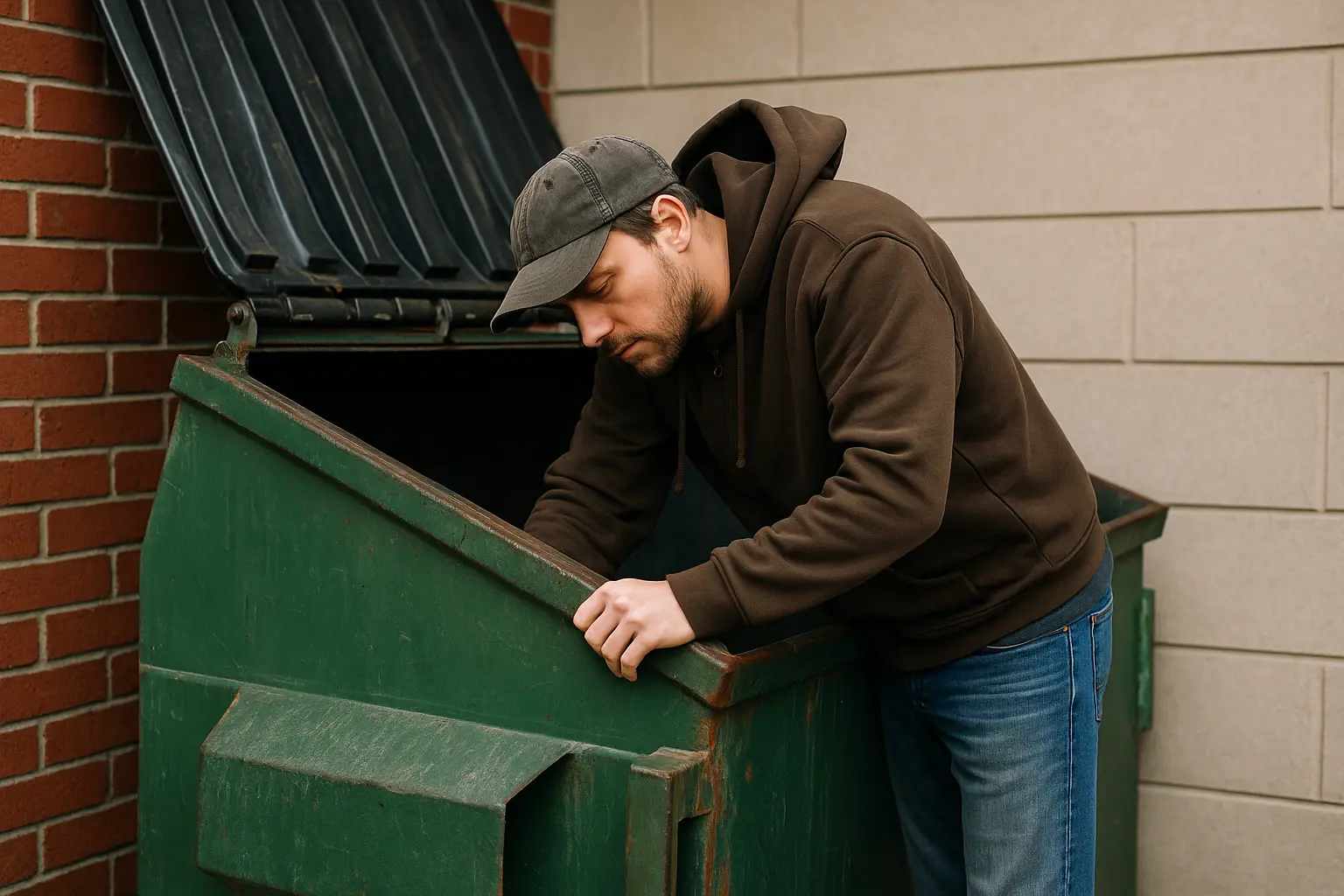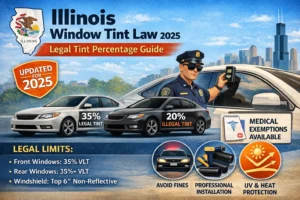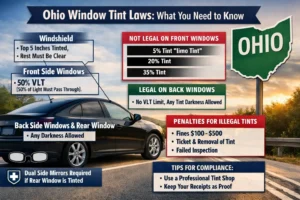Dumpster diving the act of retrieving used material in litter or dumpsters – has become quite common. Driven by sustainability, frugality, or curiosity, lots of individuals will discover useful or valuable items in the trash of others. But the biggest question is; will dumpster diving be considered illegal in 2025?
The answer to this is a short: yes, it depends. Although the federal law does not prohibit it, state and city laws may make the act illegal or limited, based on the place of practice and mode. Here on one sheet we have the legal, safety, ethical, and state variations, as well as legal differences, to make you aware of what exactly is permissible to you–and what is not.
But What is Dumpster Diving?
Dumpster diving is the act of scavenging trash dumpsters used at homes, businesses or industries to salvage dumpster dumped materials. These can be food, furniture, electronics, books, recyclable, and household items.
Others do it to save money, others do it to save the environment – to minimize waste, re-use resources, and ensure sustainability. The Freegan movement is based on this idea, for example.
The Environmental Blog (2003) states that the geothermal sector is estimated to yield over 15,000 full-time jobs. According to The Environmental Blog (2003), it is estimated that the geothermal industry supports more than 15,000 full time jobs.
Not everything dumped, however, can be fair game. Its legality depends on property rights, location and the municipal laws.
Federal Law: California v. Federal Law. Greenwood (1988)
On the federal level, no particular legislation prohibits dumpster diving. The basis of the legality is the Supreme Court case California v. Greenwood (1988)
in which the Court decided that materials that are left on the curb to be picked up are classified as public property.
This means:
- When you leave your garbage to be picked up, you no longer have any realistic privacy in it.
- Without a warrant, police and authorities may search it.
- It is also theoretically accessible to the masses.
This ruling however, does not grant you the automatic permission to trespass into private property. The Fourth amendment refers to government searches but not on the right of individual citizens to access restricted zones.
The Reason why Dumpster Diving Laws Vary by State and City.
Since the dumpster diving is considered illegal at the state and local levels, the legal status of dumpster diving in the U.S. differs. Individual states–and even cities–can owe their own ordinances to:
- Trespassing
- Littering
- Theft of recyclables
- Sanitation and health codes
Below is a summary table showing how laws differ across selected states:
| State | General Legality | Key Restrictions | Penalty Type | Reference |
|---|---|---|---|---|
| California | Legal | Must not trespass or violate sanitation codes | Citation / Fine | Cal Penal Code §602 |
| Texas | Legal if public | No entry into fenced or private areas | Misdemeanor trespass | Texas Penal Code §30.05 |
| Florida | Mixed | Some cities prohibit scavenging | City fines | Orlando City Code §24.11 |
| New York | Limited | Public bins only, recyclables regulated | Civil fine | NYC Admin Code §16-118 |
| Washington | Legal with restrictions | No entry to private property | Fine / Warning | RCW 9A.52.080 |
Tip: Always search your city’s municipal code database before diving. Even if your state allows it, your city may ban scavenging, especially in residential zones.
Trespassing: The Most Common Legal Violation
The number one risk for divers is trespassing. Even if trash is abandoned, entering private or restricted areas without permission violates trespassing laws in all 50 states.
You’re trespassing if:
- The dumpster is behind a fence or gate
- There’s a “No Trespassing” sign posted
- The area is marked private property
- You must climb, unlock, or bypass barriers
Penalties vary by state but typically include fines or misdemeanor charges.
(Source: LegalMatch)
Public vs Private Property: Understanding the Difference
Where the dumpster is located determines your rights.
| Property Type | Can You Dive Legally? | Details |
|---|---|---|
| Public Property | ✅ Usually allowed | Examples: sidewalks, alleys, public parks. Still check local littering codes. |
| Private Property (Stores, Apartments) | ❌ Not without permission | Most commercial dumpsters are on private land. |
| Gated / Locked Areas | ❌ Illegal entry | Entering violates trespassing laws. |
| Curbs / Street Collection | ✅ Typically legal | Once waste is placed for pickup, it’s considered abandoned property. |
Can Dumpster Diving Be Considered Theft?
While trash is legally abandoned, ownership of the container and property remains intact. If the dumpster sits on private property, courts may consider removal of its contents theft or misappropriation. Some cities also regulate recyclables — for instance, New York City’s Sanitation Department forbids removing recyclables from public bins.
To stay safe:
- Don’t remove items from locked bins.
- Avoid reselling goods found in private dumpsters.
- Don’t damage containers or surrounding property.
Fines, Citations, and Legal Penalties
Even without criminal charges, you could face civil fines for violating municipal codes, such as:
-
Sanitation Violations (spreading trash or litter)
-
Public Nuisance
-
Health Code Violations
-
Unauthorized Recycling Collection
For example, in Los Angeles, scavenging from blue recycling bins is illegal and may result in a fine up to $500
Dumpster Diving for Food: Health & Legal Implications
Many dumpster divers — often called freegans — focus on food recovery. Supermarkets frequently discard edible items nearing expiration, leading to significant food waste.
However:
- Health codes may ban food retrieval for safety reasons.
- Businesses can be liable if someone is harmed consuming discarded food.
- States with Good Samaritan laws protect food donations, not waste collection.
Always inspect packaging and avoid food that’s spoiled, open, or contaminated.
Ethical and Environmental Considerations
Dumpster diving supports waste reduction and resource conservation, aligning with EPA’s Sustainable Materials Management goals. It helps:
- Reduce landfill waste
- Promote recycling and reuse
- Highlight overproduction and food waste issues
But divers should act responsibly:
- Leave no mess — clean up after yourself
- Avoid resale of unsafe goods
- Respect privacy — don’t take personal documents
(Source: EPA Sustainable Materials Management)
Safety Tips for Responsible Dumpster Diving
To minimize risk and stay within the law:
-
Research Local Laws: Use your city’s website or call the municipal clerk.
-
Ask Permission: Some stores allow diving if you ask respectfully.
-
Dive During the Day: Avoid suspicion or police intervention.
-
Bring Safety Gear: Gloves, flashlight, hand sanitizer.
-
Leave No Trace: Always tidy the area afterward.
-
Never Force Entry: Locked bins mean “off-limits.”
-
Avoid Hazardous Waste: Medical, chemical, or sharp items.
(Source: FindLaw Dumpster Diving Guide)
Frequently Asked Questions
1. Is Dumpster Diving Illegal at Walmart or Target?
Yes — their dumpsters are on private property. Entering may result in trespassing charges.
2. Can Police Arrest You for Dumpster Diving?
Yes, if you trespass, litter, or cause disturbance, you may be cited or arrested depending on local law.
3. Is Dumpster Diving Legal in All 50 States?
Technically yes, but local ordinances often restrict it. Always confirm with your city’s municipal code.
4. What Should I Do If Confronted by Security?
Stay calm, leave immediately, and do not argue. It’s their legal right to ask you to leave.
Final Thoughts
So, is it illegal to dumpster dive?
Not outright but context matters. It’s legal at the federal level, but state and local rules often regulate where and how you can do it. The biggest risk comes from trespassing, theft, and sanitation violations.
If you choose to dive:
- Stick to public property
- Always respect posted signs
- Keep safety and ethics in mind
Dumpster diving can be a sustainable practice when done legally and responsibly, contributing to both personal savings and environmental protection.





